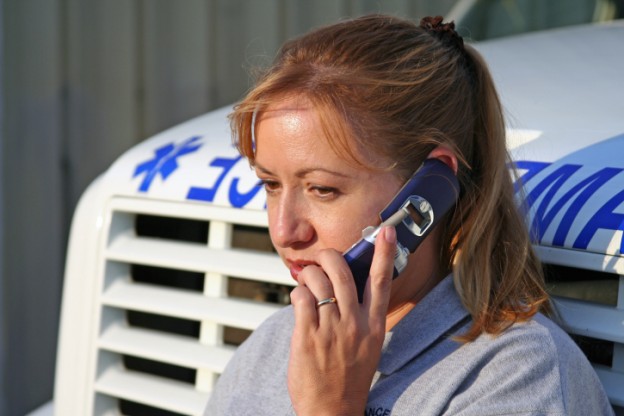
Parenting, Legal & Planning
When Child Protective Service Calls (And What To Do About It)
Parenting is a demanding responsibility that is magnified for parents of children with special needs. While one would hope that teachers and other parents would be understanding and supportive, this is not always the case. Unfortunately, it is sometimes the case that a well-meaning person without full understanding of a family's situation – or a person acting out of malice – may make a report to Child Protective Services alleging abuse or neglect on the part of a parent of a special needs child. If this happens to you, there are important things to know in such a situation.What to Know When Dealing with CPS
Obligated to Investigate
First, remember that CPS is obligated to investigate any report the agency receives. Child abuse is a serious problem, and allegations do warrant investigation. In addition, many professionals such as teachers, social workers and medical personnel have a legal obligation to report suspected child abuse or maltreatment.You Have Rights Too
- If you are named in a report, you have a legal right to receive a copy of the report in writing, and to be informed, after the investigation, whether it was determined that the report was either unfounded or “indicated.”
- Also, if you are the subject of an investigation, you are entitled to copies of any information on file concerning you. Such information may be obtained by writing to your State Central Register. In certain circumstances, you may have the right to have the report amended or expunged.


